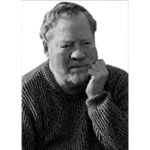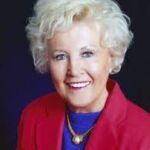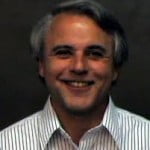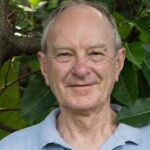The Influence of the Therapist in Past-life Therapy – Rabia Lynn Clark (Is.14)
by Rabia Lynn Clark, Ph.D.
Rabia Clark recommends that past-life therapists question some of their fondest assumptions about past-life therapy. Like David Ritchey in this issue of the Journal, she discusses the “false memory syndrome” controversy as it may relate to our methods of practice. Clark suggests self-examination and a further dialogue on the subject.
The “false memory syndrome” is a controversial issue right now, and one very relevant to us, as past-life therapists may encounter serious repercussions if they create false memories in their clients. Perhaps they should re-examine their techniques to avoid being thought unethical.
A Doonesbury cartoon puts the issue in a nutshell. A therapist is interviewing Mark on the radio. The therapist says:
“It’s … Read the rest







